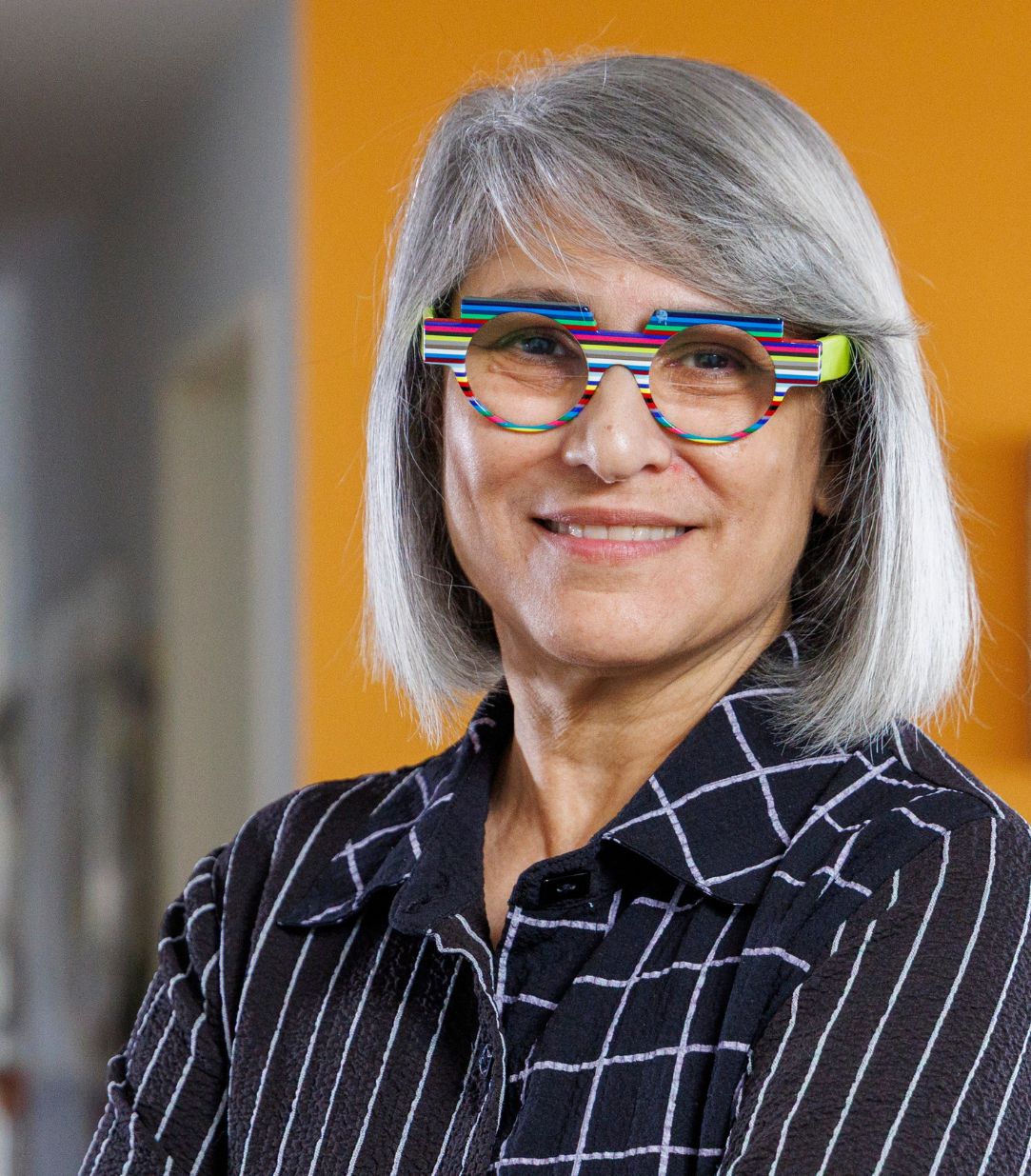BIO
Mahzarin Banaji (born in Nagpur, Maharashtra, but raised in Secunderabad, Telangana, India) earned her PhD in Experimental Social Psychology from the Ohio State University (United States) in 1986. Until 2001 she was a professor at Yale University, where she was appointed to the Reuben Post Halleck Chair in Psychology, and since then has been the Richard Clarke Cabot Professor of Social Ethics in the Department of Psychology at Harvard University. She was the first holder of the Carol K. Pforzheimer Chair at the Radcliffe Institute for Advanced Study at Harvard, and from 2011 to 2014 occupied the George A. and Helen Dunham Cowan Chair in Social and Human Dynamics at the Santa Fe Institute, an association that continues to this day. She is a Fellow of the American Academy of Arts and Sciences, the American Academy of Political and Social Science, and the Association for Psychological Science, of which she is a past president. With Anthony Greenwald, she published the book Blindspot: Hidden Biases of Good People (2013).
CONTRIBUTION
Mahzarin Banaji’s research focuses on the disparities between people’s conscious expressions of their values, attitudes and beliefs and the less conscious representation of their mind’s content. When, in 1998, she convinced Yale University to put the implicit association test (IAT, created by Anthony Greenwald) online, they got 40,000 responses in one month, a reception which would revolutionize the study of implicit bias.
Banaji has corroborated the IAT’s results with neuroimaging techniques, observing that the amygdala – the part of the brain that responds to the new or strange – reacts more strongly to black versus white faces the greater the racial bias revealed by the IAT. And she has also been able to show that such biases may not be innate but are nonetheless acquired at a very young age, given that six-year-old children have the same levels of implicit bias as adults.
More recently, she has analyzed the presence of these biases in online texts. Using a database of 840,000 words she found that the most frequent associations for “man” or “male” had to do with war and sports, while “woman” and “female” were predominantly associated with abuse and pornography, as well as cooking and motherhood. Motivated by these conclusions, she has turned her attention to analyzing bias in generative artificial intelligence models such as Chat-GPT.
Professor Banaji is now applying the science of social cognition to improve decisions at an individual and an organizational level. The course Outsmarting Implicit Bias, which she launched at Harvard, puts forward strategies to mitigate the effects of implicit bias on individuals and workplace teams.


